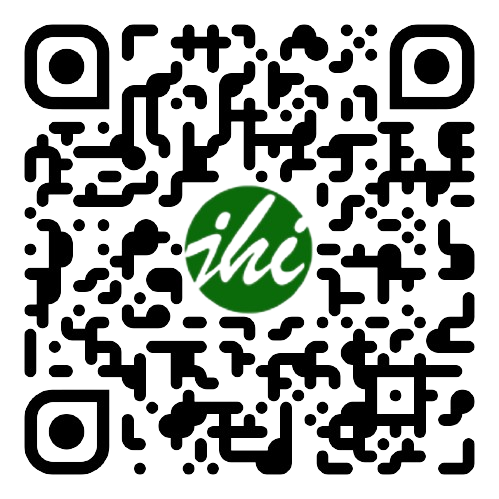The Resolution Of Criminal Cases Through A Restorative Justice Approach in Islamic Law Perspective
DOI:
https://doi.org/10.28918/jhi.v18i2.2936Abstract
This study aims to analyze on the restorative justice approach as an alternative to resolution criminal cases in Islamic law perspective, where the criminal process is not only limited to retaliation for the perpetrator, but must also be based on various principles of restorative justice. This research uses method normative juridical with a philosophical, conceptual and legislations approach. Sources of legal materials are obtained through inventory, categorization and systematization. Analysis using prescriptive with logic and legal reasoning, The results show that restorative justice is seen as an alternative approach that can be applied in resolution criminal case by considering various aspects outside the judicial process and is oriented towards restoring what has been damaged by the existence of crime. In Islamic law, the application of restorative justice is based on the above of Umar's friend r.a. 294 The Resolution Of Criminal Cases Through A Restorative Justice Approach ... (Ahmad Ropei) Vol 18 No 2, Desember 2020 ISSN 1829-7382 (Print) 2502-7719 (Online) in the case of handling theft cases during the Paceklik season, the legal decision is to release the perpetrator due to humanitarian factors. Therefore, restorative justice can be applied with considerations including: aspects of justice, humanity, public interest, forgiveness of victims, and peace (al-Islah).
Downloads
Published
How to Cite
Issue
Section
License

This work is licensed under a Creative Commons Attribution-ShareAlike 4.0 International License.
Jurnal Hukum Islam use a variety of waivers and licenses that are specifically designed for and appropriate for the treatment of data:
- Open Data Commons Attribution License, http://www.opendatacommons.org/licenses/by/1.0/(default)
- Creative Commons CC-Zero Waiver, http://creativecommons.org/publicdomain/zero/1.0/
- Open Data Commons Public Domain Dedication and License, http://www.opendatacommons.org/licenses/pddl/1-0/
Other data publishing licenses may be allowed as exceptions (subject to approval by the editor on a case-by-case basis) and should be justified with a written statement from the author, which will be published with the article.













.png)














